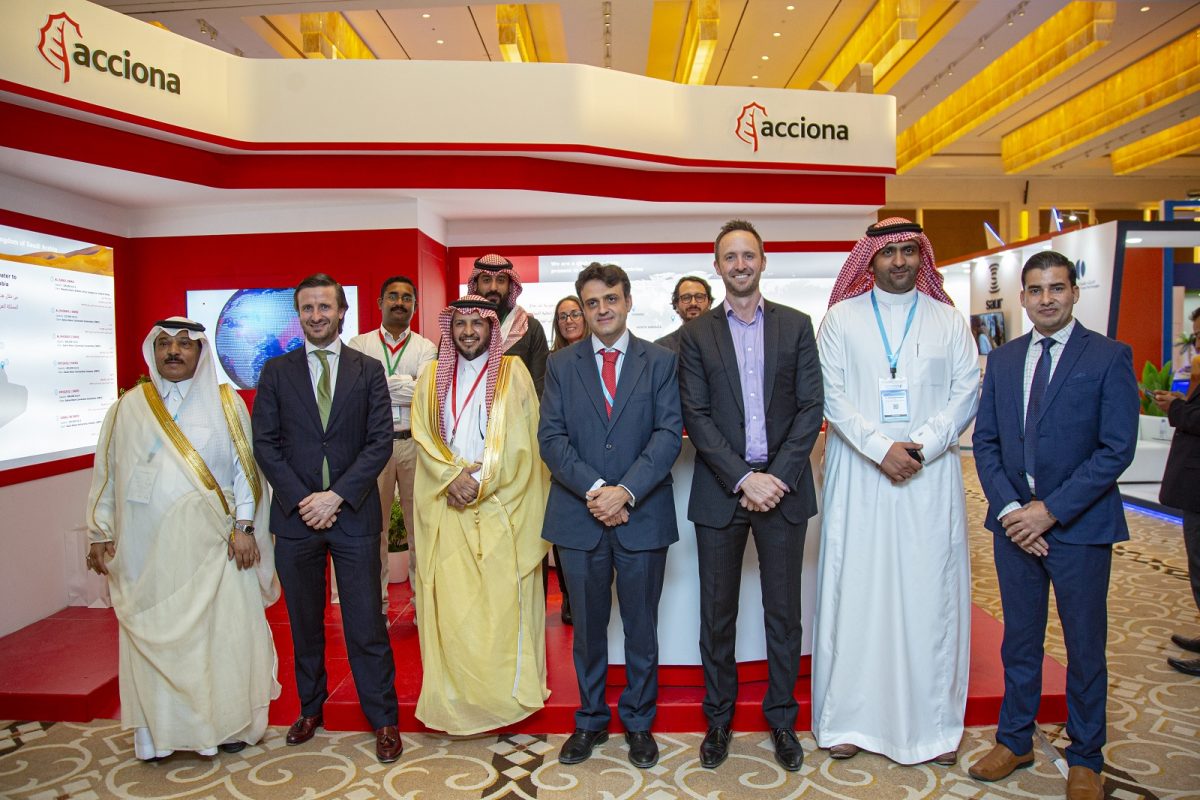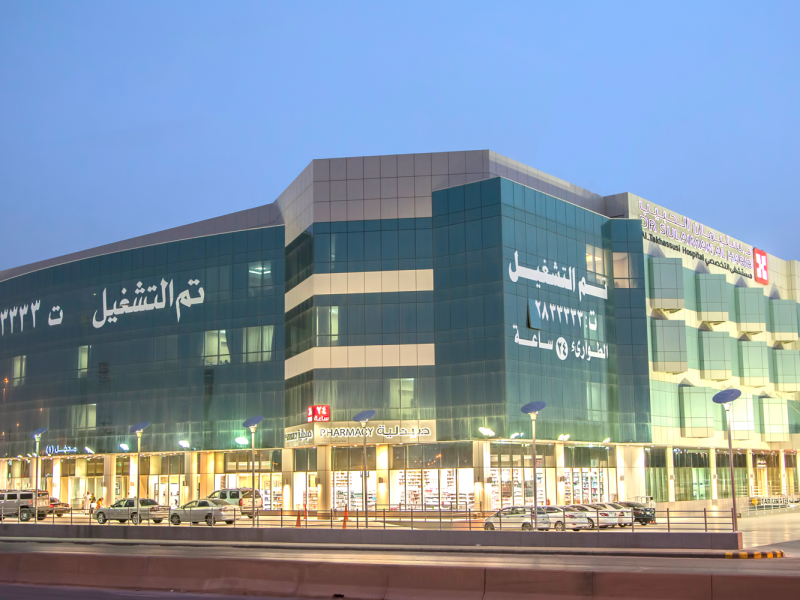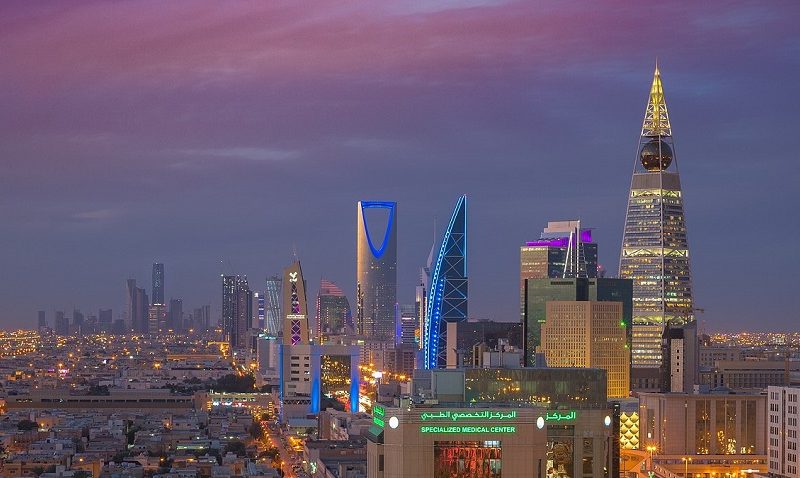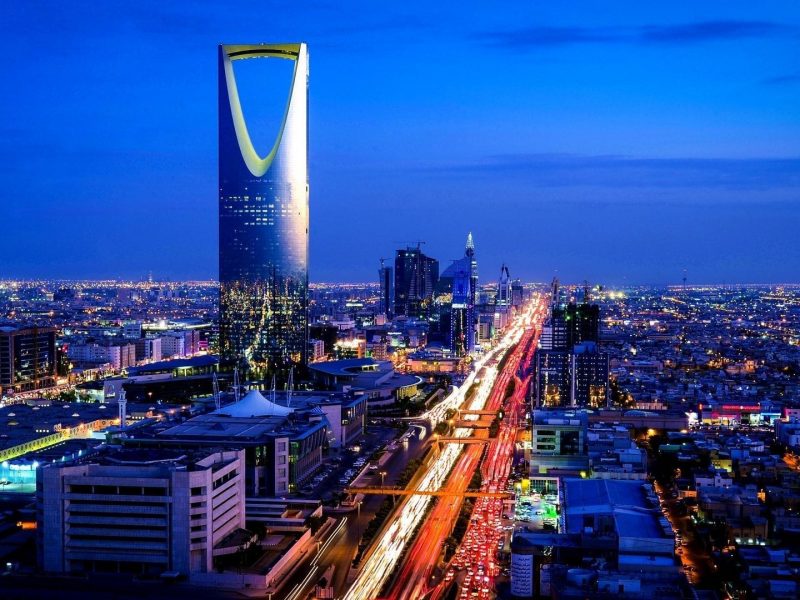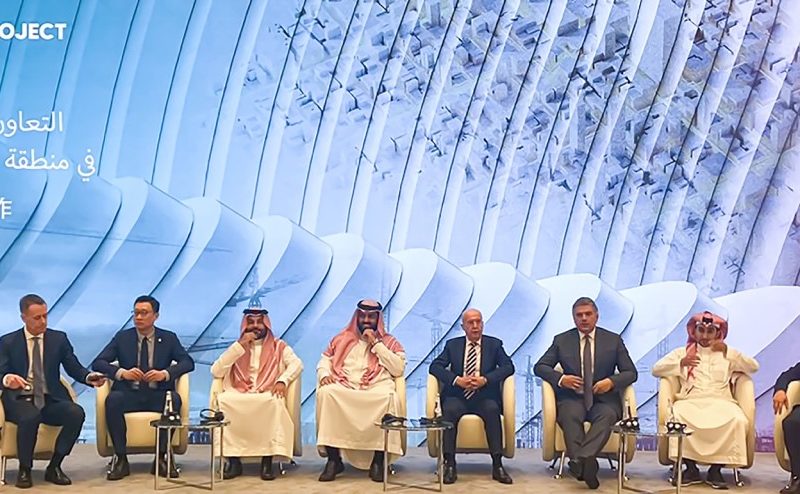Spanish multinational company, Acciona, has closed green loans totalling $480mn (SAR 1.8bn) for three independent sewage treatment plants (ISTPs) in Saudi Arabia, with its local partners Tawzea and Riyadh-based infrastructure developer and investor – Tamasuk.
The company is structuring a green loan as well as Islamic financing for the first time in its water projects. The new contracts were awarded by state-owned Saudi Water Partnership Company (SWPC).
The financing syndicate for the three ISTPs – Madinah-3, Buraydah-2 and Tabuk-2 -includes local, regional, and international lenders. The financing structure incorporates an Islamic tranche for 60% of the value of the loans structured as an “Ijara Facility”, or Islamic leasing.
Investors and financial institutions are increasingly allocating capital to green infrastructure projects such as water treatment plants, the company said in a statement. A Green Loan Framework was developed in accordance with the Green Loan Principles 2021 of the Loan Market Association, the Asia Pacific Loan Market Association, and the Loan Syndications & Trading Associations. Under the terms of this framework, green loans will finance expenditures related to wastewater treatment projects.
Acciona added that S&P Global Ratings has certified the finance structure of the three projects as green, in compliance with best practices. Additionally, the three ISTPs will treat wastewater for up to two million inhabitants and contribute to the national efforts of conserving and reusing water, in accordance with Saudi Arabia’s Vision 2030.
Vision 2030 places a particular focus on optimising the use of renewable water resources for agriculture purposes and improving the efficiency of municipal and agricultural water consumption.
Acciona stated that key environmental features of ISTP projects include the recycling of wastewater for agricultural activities; the treatment and reuse of sewage sludge for agricultural use as fertilizer and also for cement manufacturing (‘zero-sludge-dispatch’ method); and the use of renewable electricity to power wastewater treatment plants.
The quality and quantity of treated water will comply with stringent technical requirements to meet the needs of local farmers for irrigation, and the company will carry out baseline environmental surveys and develop a full environmental and social impact assessment for the plants.
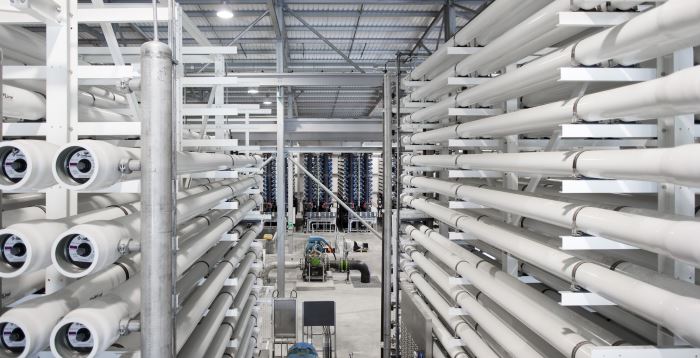
Acciona’s ISTPs in action
Once completed, Madinah 3 will serve up to 1.5 mn inhabitants of existing and future residential areas near the city of Madinah. It will have an initial treatment capacity of 200,000 m3/day, which can be expanded to 375,000 m3/day.
Buraydah 2 will serve up to 600,000 people and support the projected growth of the city and the nearby town Ash Shimasiya, It will have a capacity of 150,000 m3/day.
Tabuk 2, serving up to 350,000 people, will have a capacity of 90,000 m3/day, and will serve mostly existing and future residential areas in conjunction with Tabuk 1 ISTP, which is currently operational.
The treated water will replace the use of freshwater resources for farming, saving this scarce resource and contributing directly to the nation’s water security. Daily water savings are expected to amount to 190,000 m3/day at Madinah 3, 142,500 m3/day at Buraydah 2 and 85,500 m3/day at Tabuk 2.
About 95% of the treated wastewater will be available for agricultural use, with the remaining 5% used at the treatment plants and a small amount will be lost during the sludge drying process.

